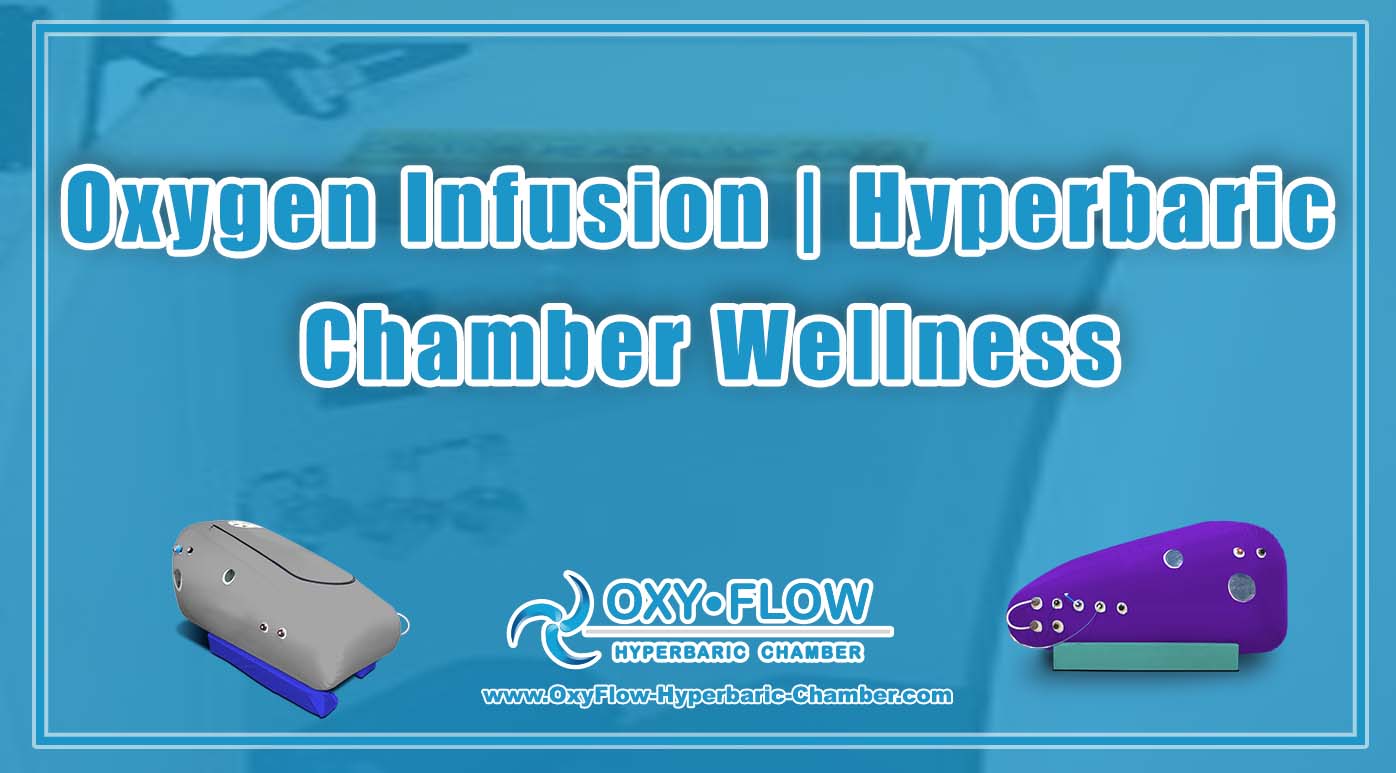
Oxygen Infusion | Hyperbaric Chamber Wellness.
Oxygen Infusion | Hyperbaric Chamber Wellness.

Oxygen infusion is a medical treatment that involves breathing pure oxygen in a pressurized environment. It is also known as hyperbaric oxygen therapy (HBOT) or HBO therapy. Oxygen infusion can help treat various conditions that affect the tissues and organs of the body, such as wounds, infections, carbon monoxide poisoning, decompression sickness, and more. In this blog post, we will explore what oxygen infusion is, how it works, what are its benefits and risks, and how to prepare for it.
What is oxygen infusion?
Oxygen infusion is a procedure that delivers 100% oxygen to your lungs through a mask or nasal cannula. The oxygen pressure in the chamber is two to three times higher than normal air pressure. This means that your lungs can absorb more oxygen than they would at a normal altitude. The extra oxygen helps fight bacteria and viruses that cause infections. It also stimulates the growth of new blood vessels and connective tissues that promote healing.
How does oxygen infusion work?
Oxygen infusion works by increasing the amount of oxygen in your blood and tissues. This improves the delivery of oxygen to your cells and organs, which enhances their function and metabolism. Oxygen infusion also triggers the release of substances called growth factors and stem cells, which are responsible for repairing damaged tissue and preventing scarring.
What are the benefits of oxygen infusion?
Oxygen infusion has many benefits for people who suffer from various conditions that affect their health and well-being. Some of the benefits include:
- It can help heal wounds faster by increasing blood flow and removing dead tissue.
- It can help treat infections by killing bacteria and fungi.
- It can help prevent or treat carbon monoxide poisoning by removing carbon monoxide from your blood.
- It can help prevent or treat decompression sickness by reducing the risk of gas bubbles forming in your blood vessels.
- It can help improve vision by stimulating the growth of new optic nerve fibers.
- It can help improve hearing by stimulating the growth of new hair cells in your inner ear.
- It can help improve anemia by increasing the production of red blood cells.
- It can help improve bone health by stimulating bone formation and preventing bone loss.
- It can help improve skin health by stimulating collagen production and preventing skin aging.
What are the risks of oxygen?
Oxygen infusion is generally a safe procedure when done under medical supervision in an accredited facility. However, like any medical treatment, it does carry some risks that you should be aware of before undergoing it. Some of the risks include:
- Middle ear injuries due to changes in air pressure.
- Lung collapse due to air pressure changes (barotrauma).
- Seizures due to too much oxygen (oxygen toxicity) in your central nervous system.
- Lowered blood sugar in people who have diabetes treated with insulin.
- In certain circumstances, fire is due to the oxygen-rich environment of the chamber.
How to prepare for oxygen?
To prepare for an oxygen session, you should follow these steps:
- Cleanse yourself before entering the chamber. You should shower or bathe with soap and water at least 30 minutes before your session. You should also avoid wearing any jewelry or metal objects that may interfere with your mask or nasal cannula.
- Cleanse yourself after leaving the chamber. You should shower or bathe again with soap and water within 24 hours after your session. You should also avoid touching any wounds or infected areas until they are healed completely.
- Cleanse yourself before each session. You should wash your hands thoroughly before entering each session with soap and water or alcohol-based hand sanitizer. You should also avoid eating or drinking anything except water during each session unless instructed otherwise by your healthcare provider.
- Cleanse yourself after each session. You should remove any makeup or cosmetics from your face before leaving each session with soap and water or alcohol-based hand sanitizer. You should also avoid applying any creams or lotions on your face until they are healed completely unless instructed otherwise by your healthcare provider.
- Cleanse yourself between sessions if needed. If you have any wounds or infections on your body between sessions, you should follow up with your healthcare provider as soon as possible for proper treatment. You should also avoid exposing these areas to sunlight or heat sources until they are healed completely.


